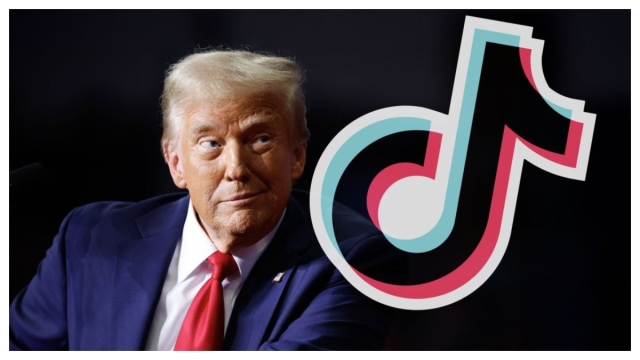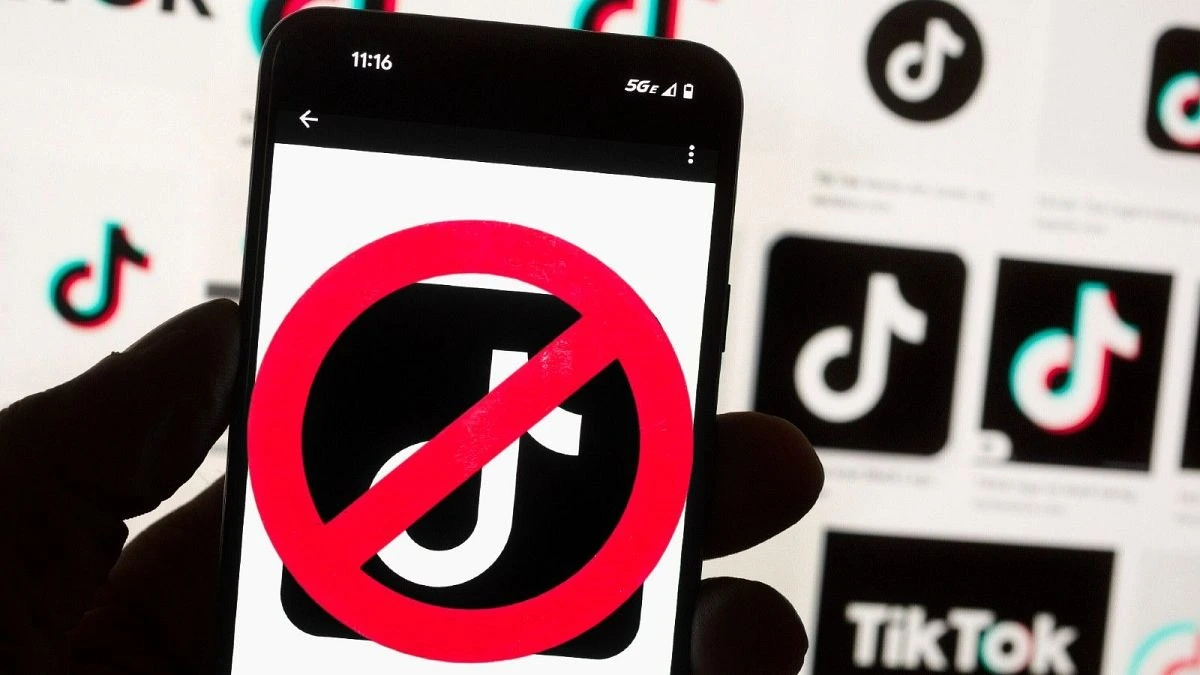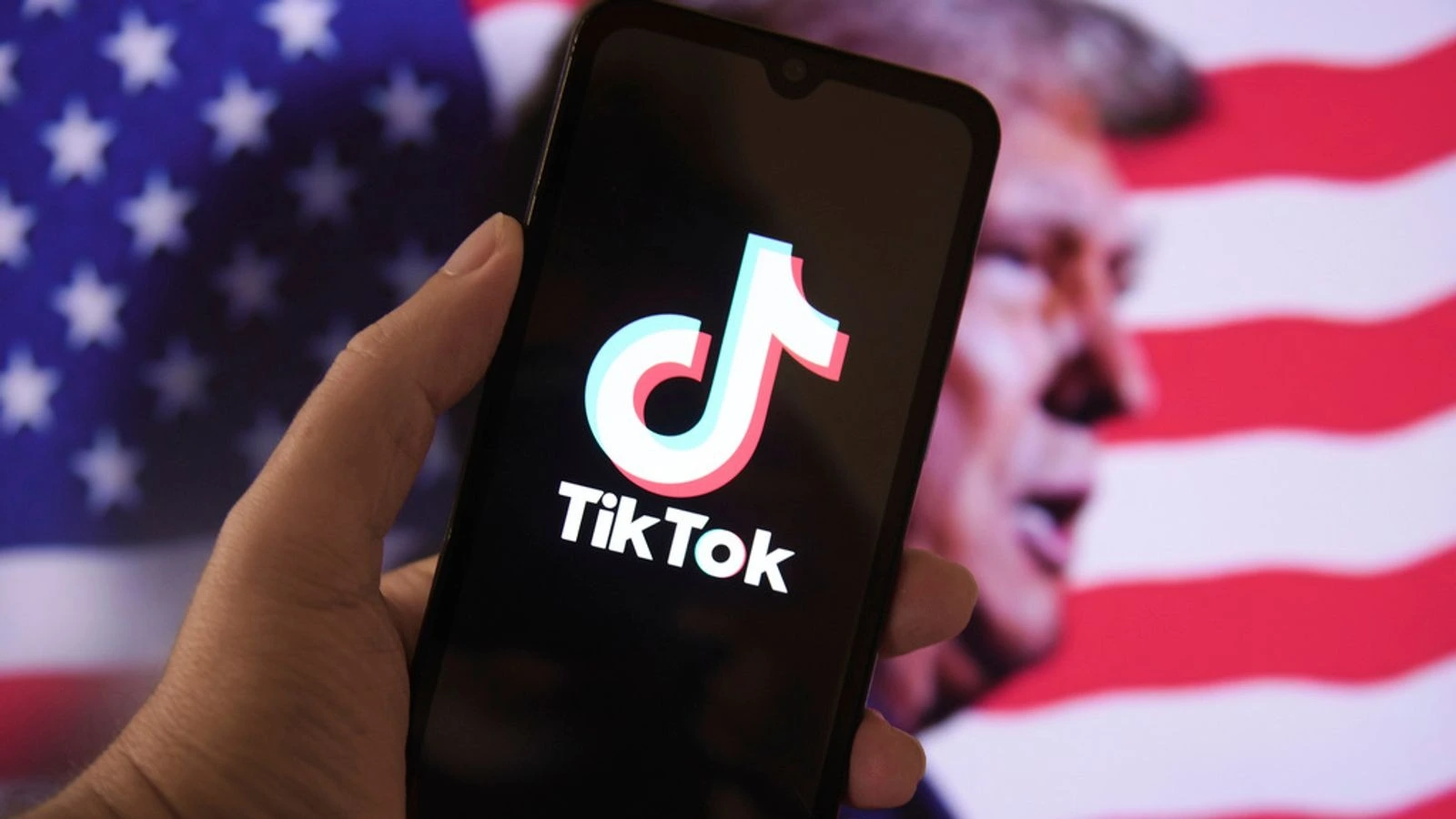Are you curious Why is Tiktok banned in US? The long-anticipated ban on TikTok has finally arrived. Following the Supreme Court's ruling upholding the legality of the ban and the failure of negotiations for a potential sale, the popular video-sharing app is no longer accessible to its 170 million users in the United States. This landmark decision has significant implications for national security, freedom of speech, and the future of social media in the United States. Let's find out what are the reasons behind Tiktok ban.
Why is Tiktok banned in US?
The ban on TikTok stems from deep-seated concerns about the app's potential to compromise U.S. national security. Lawmakers and intelligence officials have repeatedly warned that TikTok's Chinese parent company, ByteDance, could be compelled by the Chinese government to share user data, potentially enabling espionage, surveillance, and manipulation of public opinion.
The FBI Director, Christopher Wray, has expressed concerns about the Chinese government's ability to access TikTok user data, including sensitive personal information, and potentially exploit it for malicious purposes. These concerns were echoed by numerous lawmakers, who argued that TikTok posed a significant threat to national security.
The Supreme Court Ruling: Balancing National Security and Free Speech
The Supreme Court's decision to uphold the ban hinged on the recognition of the potential national security risks associated with TikTok. The Court acknowledged the government's concerns about the collection of vast amounts of user data by ByteDance, recognizing the potential for this data to be used for espionage, surveillance, and other harmful purposes.
However, the Court also emphasized the importance of free speech rights. Justice Gorsuch, in a concurring opinion, cautioned against broad restrictions on speech, emphasizing the importance of distinguishing between legitimate national security concerns and censorship.
The Road Ahead: Uncertainties and Challenges
The ban on TikTok raises several critical questions about the future of social media in the United States. What are the implications for other social media platforms with foreign ties? How can we ensure that national security concerns are addressed while upholding fundamental freedoms?
The ban also presents significant challenges for content creators and users who have relied on TikTok for entertainment, social connection, and economic opportunities. The loss of this platform will undoubtedly have a significant impact on the social media landscape in the United States.
Conclusion
The ban on TikTok marks a significant moment in the evolving relationship between technology, national security, and individual freedoms. While the ban aims to address legitimate national security concerns, it also raises important questions about the balance between protecting national interests and upholding fundamental rights.
The coming years will likely see ongoing debates and discussions about the role of technology in society and the appropriate balance between national security and individual liberties.
Maybe you are interested:

Everything Trump Has Said About the TikTok Ban and Its Future

Nguyen Xuan Son Recovery Journey: He starts walking with crutches during leg recovery






